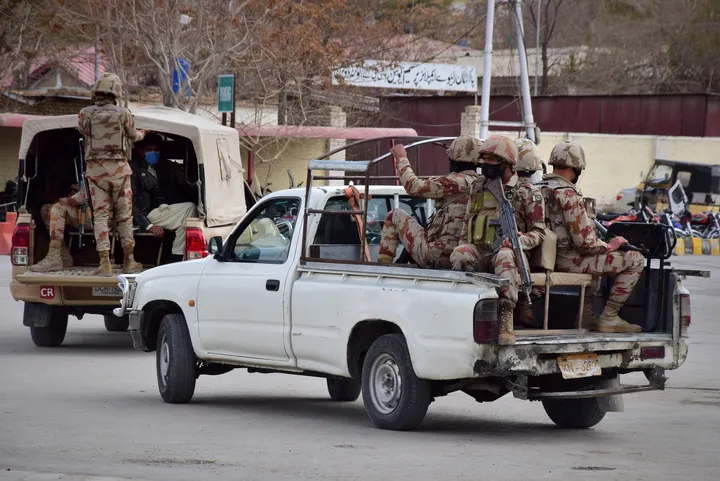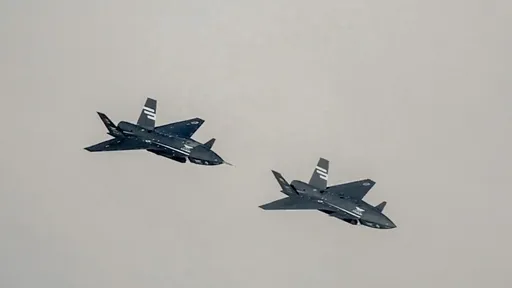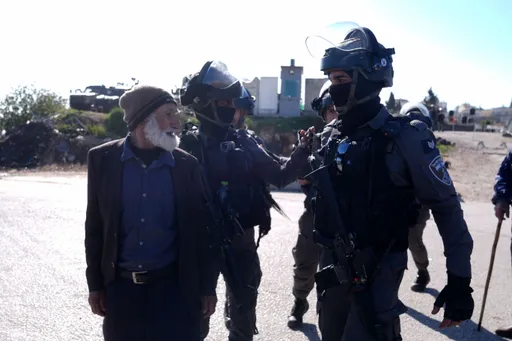The world's chemical arms watchdog on Thursday said it had confirmed Britain's findings that a nerve agent was used in an attack on a former spy and his daughter in England last month originally came from Russia.
However, according to the declassified summary of its findings, however, the Organisation for the Prohibition of Chemical Weapons (OPCW) did not make any assessment on who carried out the March 4 attack on former double agent Sergei Skripal and his daughter Yulia in the English city of Salisbury that also injured a police officer.
Samples tested by the OPCW "confirm the findings of the United Kingdom relating to the identity of the toxic chemical," according to a summary of the Hague-based group's report released in London.
It added that "the toxic chemical was of high purity".
Britain and allies including the United States have blamed Moscow, sparking furious denials and provoking an international row resulting in the expulsions of diplomats from all sides.
Chemical not named
The OPCW did not specifically name the chemical, saying that information and its structure would be in a full classified report available to signatory states of the organisation.
Britain has previously identified the agent as Novichok, a group of powerful and deadly chemical compounds reportedly developed by the Soviet government in the 1970s and 1980s.
Prime Minister Theresa May's government has said Russia was known to have used it, and pointed to the country's pattern of "reckless behaviour," including the annexation of Crimea.
Russia has strongly denied any involvement, and insists it has destroyed all of its chemical weapons.
Russian Foreign Ministry spokeswoman Maria Zakharova on Thursday accused Britain of waging a defamation campaign against Russia, manipulating public opinion and hiding facts.
She said Russia will not accept any conclusions unless it gets full access to evidence in the case.
Skripal moved to Britain in a spy swap in 2010 and settled in Salisbury, and his daughter Yulia was visiting from Russia when they were poisoned, possibly on his front door.
Despite initial fears that they would not survive, Yulia Skripal was released from hospital to an undisclosed location earlier this week, while her father is said to be improving rapidly.
In a statement issued through the London Metropolitan Police, Skripal rejected any consular assistance from the Russians.
Russia's embassy in London questioned the authenticity of the statement, saying it had been crafted to support Britain's version of events.
The embassy says the statement released Wednesday by the Metropolitan Police Service on behalf of 33-year-old Yulia Skripal strengthens suspicions she is being held against her will.
Tangible proof requested
It says British authorities "must urgently provide tangible evidence that Yulia is alright and not deprived of her freedom."
In the statement, which was distributed by London's Metropolitan Police, Skripal says she does not want consular assistance as she recovers from the nerve agent attack that left her and her father in critical condition and created an international furor.
Skripal said that she finds herself with a "totally different life" than the one she had before the March 4 poisoning in southwest England. She was released from the hospital this week, while Sergei Skripal remains hospitalised.
"I have been made aware of my specific contacts at the Russian Embassy who have kindly offered me their assistance," Skripal, a Russian citizen who was visiting her father in the cathedral city of Salisbury, said in the statement. "At the moment, I do not wish to avail myself of their services, but if I change my mind I know how to contact them."
The incident has triggered the expulsion of more than 150 Russian diplomats from western countries. Russia vehemently denies any involvement and has responded by expelling the same number of diplomats.
Yulia Skripal's statement
The Russian Embassy in London has criticised the British government for not allowing diplomatic staff to visit the Skripals since they were stricken. Britain has said it is up to the father and daughter to decide whether they want to meet with embassy officials.
Earlier, the embassy protested that its requests for consular access had been "left without a substantial reaction on part of the British authorities."
"We would like to know what exactly the British side did to comply with its international obligation under the Vienna Convention on Consular Relations and the bilateral Consular Convention, and what were the reasons for such a unfounded conclusion," the embassy said.
Yulia Skripal's statement also addressed a controversy over her cousin, Viktoria. British officials alleged that the cousin was a pawn of the Russian government after she gave interviews with Russian media outlets.
Skripal thanked Viktoria for her concern and asked her to "not visit me or try to contact me for the time being."
"Her opinions and assertions are not mine and they are not my father's," Yulia Skripal said.























